
Introduction
Symptoms of sleep deprivation
Sleep deprivation is not always easy to detect. This is because due to certain sleep disorders a person may sleep sufficiently but still wake up in the morning feeling tired, not well-rested, with sleepiness during the day. Of course, people who suffer from insomnia and just do not sleep right for different reasons (medical conditions, young children, stress, noise, improper sleeping environment, etc) are well aware of the problem.
Some of the symptoms that may indicate sleep deprivation include irritability, which can border with actual hatred towards other people, and which cannot be easily tamed, tiredness, lack of energy, fatigue, low stress tolerance, problems with memory and concentration, extreme appetite, either big or low.
Consequences of sleep deprivation
In the short term, sleep deprivation can decrease alertness and performance. This can reflect in school, on the job and anywhere else. It has been proven that inadequate sleep can reduce performance and alertness during the day by 32 percent.
This can impair memory and concentration, causing forgetfulness and difficulty learning. Activities that require sustained attention, like reading, watching a movie, attending a lecture, may cause difficulty.
Sleep deprivation also influences the bed partner. It may lead to relationship problems and issues like separate bedrooms, consequences for the sex life, conflicts, and similar.
Daytime sleepiness caused by sleep deprivation significantly increases the risk of occupational injury, as well as of automobile injury.
In the long run, sleep deprivation can have serious clinical consequences. This can include hypertension, cardiac arrest, stroke, obesity.
There may also be serious effects on a person’s mental health, like depression, mood swings, attention deficit disorder, mental impairment.
One study actually showed that chronic sleep deprivation is actually a greater mortality risk than smoking, hypertension and heart disease. The risk increases in elderly, where insomnia may lead to institutionalization and death.
Apart from insomnia, some sleep-related breathing problems should also be recognized and addressed. They include simple and relatively harmless problems like snoring, but also more severe conditions like sleep apnea, in which a person stops breathing during sleep.
Given the gravity of some of the possible consequences of sleep deprivation and sleep disorders, it is necessary to address them and consult a professional.




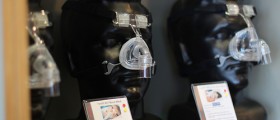


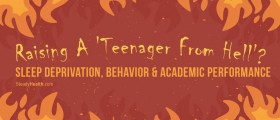
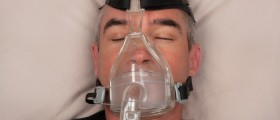




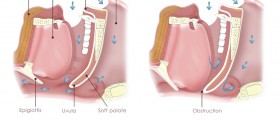
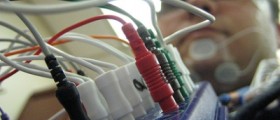

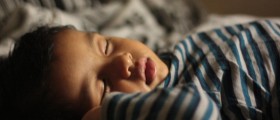
Your thoughts on this
Loading...